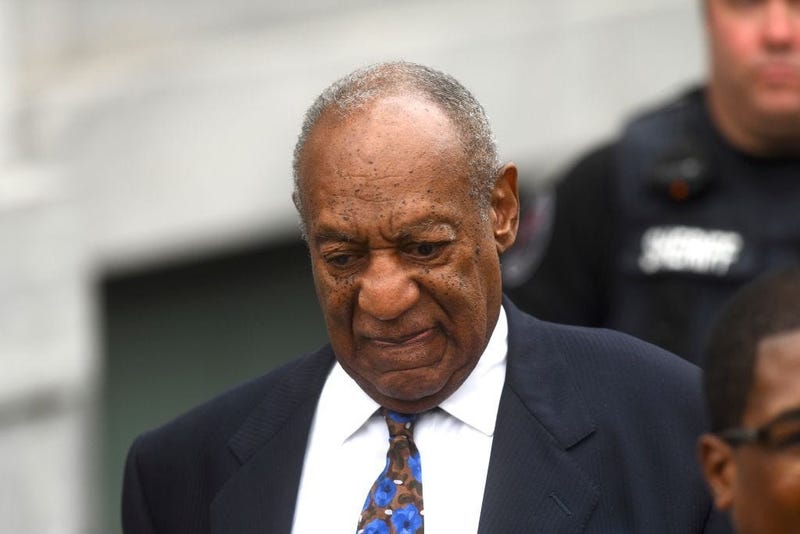
PHILADELPHIA (KYW Newsradio) — The U.S. Supreme Court has effectively closed the book on Bill Cosby’s sex assault case in Montgomery County, Pennsylvania. The court has declined to review the decision that freed the comedian from prison last year.
The Pennsylvania Supreme Court threw out Cosby's 2018 conviction and ordered him released from prison last June, pointing to a press release that then-Montgomery County D.A. Bruce Castor put out in 2005 saying they were not filing charges at that time.
The state high court said that press release was enough to show that Cosby had reason to believe he would never be charged criminally when he sat for a civil deposition in the months following it.
The Montgomery County District Attorney’s office asked the U.S. Supreme Court to review that decision and reinstate Cosby's conviction. The Court, on Monday, rejected the case, without explanation.
Montgomery County D.A. Kevin Steele acknowledged, when they filed the request, that it was a long shot. But the DA’s office argued, without clarification, that the Pennsylvania Supreme Court ruling could effectively turn a prosecutor’s press release announcing “no charges at this time” into binding immunity.
Other legal experts, including Cosby’s own legal team, said facts in this case are narrow, and it would not apply to other cases.

The 84-year-old Cosby became the first celebrity convicted of sexual assault in the #MeToo era when a jury in 2018 found him guilty of drugging and molesting Temple University employee Andrea Constand in 2004. A jury had previously deadlocked in Cosby's case, resulting in a mistrial in 2017.
Cosby had served just shy of three years of a three- to 10-year sentence in state prison, before Pennsylvania's high court ordered his release.
At the time of Cosby's release, Bruce Castor, the afore-mentioned preceding prosecutor, said he believed the state Supreme Court “got it right.”
Meanwhile, Constand called Cosby's release a disappointment and a cause for concern for victims of sexual assault.
“[The decision] may discourage those who seek justice for sexual assault in the criminal justice system from reporting or participating in the prosecution of the assailant or may force a victim to choose between filing either a criminal or civil action,” she wrote at the time.
LISTEN on the Audacy App
Sign Up and Follow Audacy
Facebook | Twitter | Instagram


